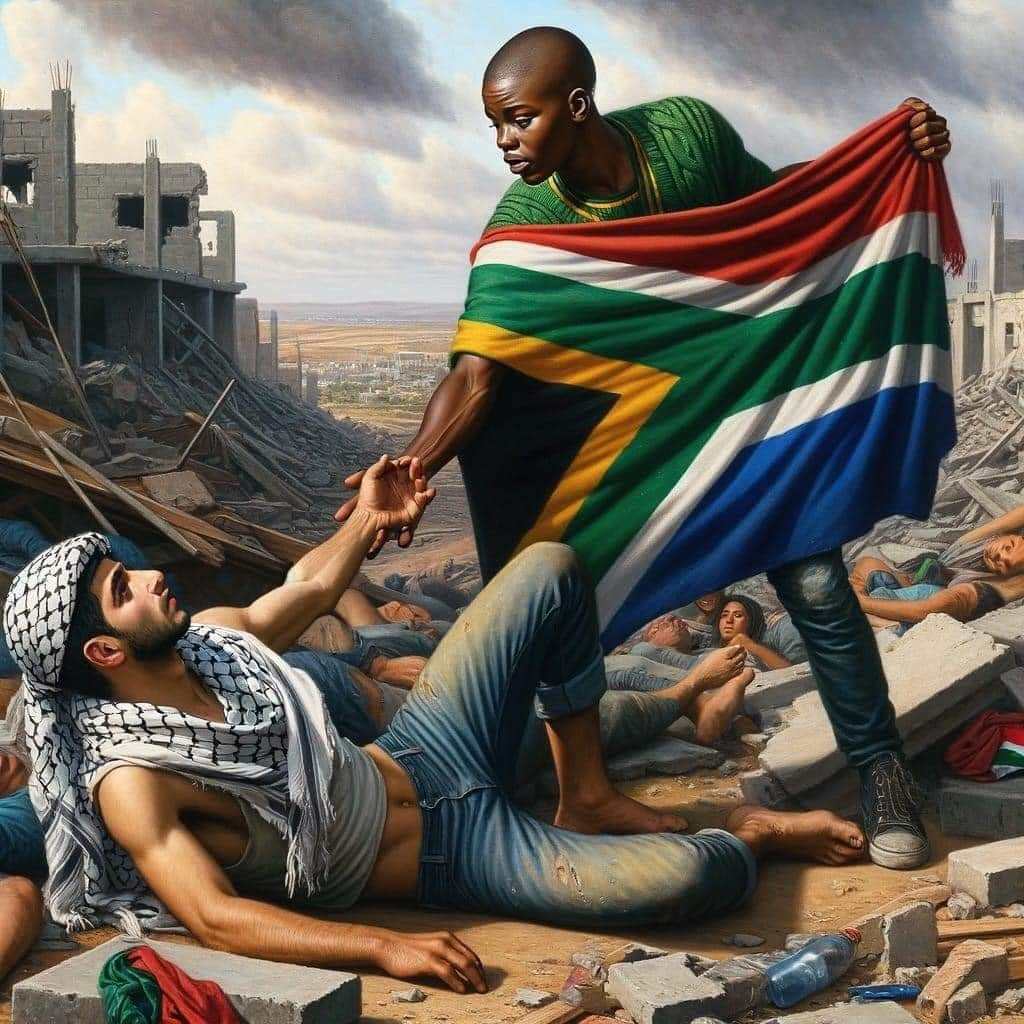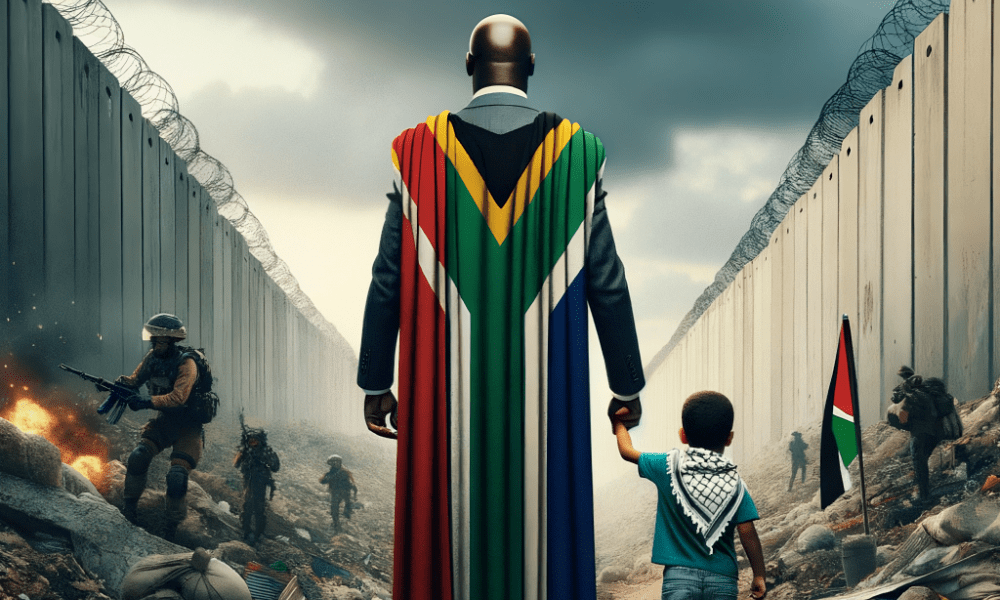
The Hague, May 10 (RHC)-- South Africa has asked the International Court of Justice (ICJ) to order Israel to withdraw from Rafah as part of additional emergency measures over the war in Gaza, the United Nations’s top court said.
In the ongoing case brought by South Africa, which accuses Israel of acts of genocide against Palestinians, the ICJ in January ordered Israel to refrain from any acts that could fall under the Genocide Convention and to ensure its troops commit no genocidal acts against Palestinians.
Israel has repeatedly said it is acting in accordance with international law in Gaza, and has called South Africa’s genocide case baseless and accused Pretoria of acting as “the legal arm of Hamas.”
In filings published on Friday, South Africa is seeking additional emergency measures in light of the continuing military action in Rafah, which it calls the “last refuge” for Palestinians in Gaza.
The city in the south of Gaza is overcrowded with hundreds of thousands of displaced Palestinians living in dire conditions and there have been warnings that an Israeli ground offensive would trigger a humanitarian catastrophe for civilians.
South Africa’s application said Israel’s operation against Rafah poses an “extreme risk” to “humanitarian supplies and basic services into Gaza, to the survival of the Palestinian medical system, and to the very survival of Palestinians in Gaza as a group,” the UN court said in a statement.
“Those who have survived so far are facing imminent death now, and an order from the Court is needed to ensure their survival,” South Africa’s filing said.

South Africa also asked the court to order that Israel allow unimpeded access to Gaza for UN officials, organisations providing humanitarian aid, and journalists and investigators.
Israel’s 401st Brigade entered the Rafah crossing on Tuesday morning, a day after the Palestinian group governing Gaza said it accepted an Egyptian-Qatari mediated ceasefire proposal. Israel, meanwhile, insisted the proposal did not meet its core demands.
Tanks and planes pounded several areas and at least four houses in Rafah overnight, killing 20 Palestinians and wounding several others, according to Palestinian health officials.
Some 110,000 Palestinians have fled Rafah in recent days, according to the UN Relief and Works Agency for Palestine Refugees (UNRWA). The UN also noted that the Israeli army’s takeover of the Rafah border crossing has shut down the entry of aid into Gaza for the past three days.
Israeli Prime Minister Benjamin Netanyahu has said the Rafah offensive was needed to defeat Hamas.
At least 34,943 people have been killed and 78,572 wounded in Israeli attacks on Gaza since October 7th. The death toll in Israel from Hamas’s October 7 attacks stands at 1,139, with dozens of people still held captive in Gaza.
South Africa brought a case against Israel to the ICJ in January, accusing the country of committing genocide against Palestinians in Gaza.
The top UN court has ruled that there was a plausible risk of genocide in the enclave and ordered Israel to take a series of provisional measures, including preventing any genocidal acts from taking place.
The court rejected a second South African application for emergency measures made in March over Israel’s threat to attack Rafah.
The ICJ, also known as the World Court, generally rules within a few weeks on requests for emergency measures. It will likely take years before the court will rule on the merits of the case. While the ICJ’s rulings are binding and without appeal the court has no way to enforce them.

